
Researchers solve 50 year mystery following discovery of new blood group
Researchers discovered an entirely new human blood type after solving a 50-year mystery.
Back in 1972, doctors were stumped when a pregnant woman’s blood sample was missing a surface molecule that was present on everyone else's red blood cells at the time. No one could explain it.
Fast forward fifty years, and scientists believe to have sussed it. The discovery led researchers from the UK and Israel to describe a new blood group system in humans, publishing their findings in 2024.
"It represents a huge achievement, and the culmination of a long team effort, to finally establish this new blood group system and be able to offer the best care to rare, but important, patients," said Louise Tilley, a haematologist with the NHS, who's been investigating the mystery for nearly 20 years.
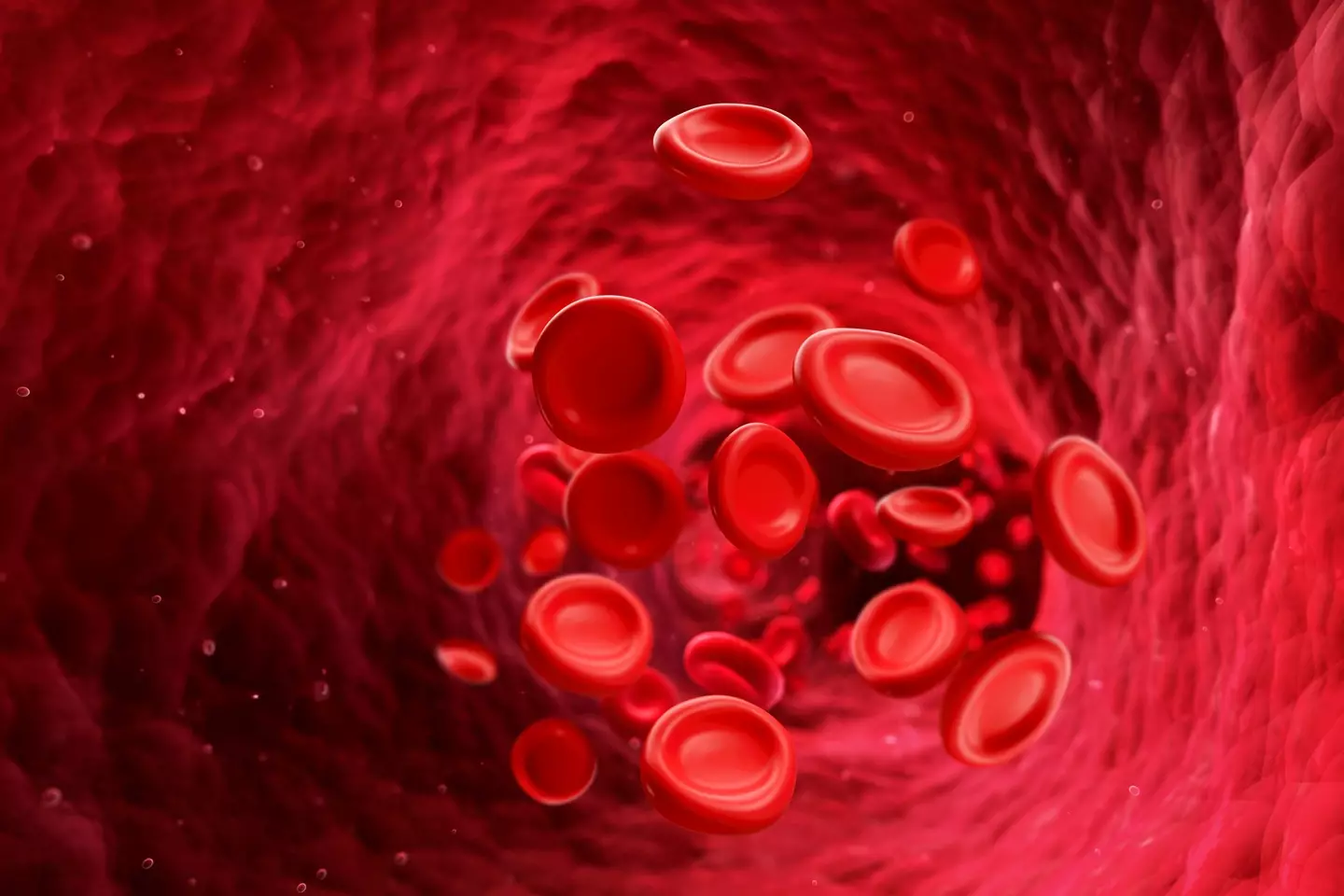

While we're all pretty familiar with the ABO blood group system as well as the Rh factor (plus or minus sign), the reality is a little more complex. Humans actually have many blood group systems based on all kinds of proteins and sugars that coat the surface of our red blood cells. These surface markers help our bodies figure out what belongs and what doesn’t and helps to identity what's 'self' and what's 'foreign.'
If there’s a mismatch during something like a blood transfusion, it can cause serious reactions, possibly even death.
The famous blood group discoveries happened in the early 1900s, but newer, rarer systems are still being uncovered. One of which was the Er system established in 2022, which only impacts a small number of people. The same goes for this new blood group.
"The work was difficult because the genetic cases are very rare," added Tilley. What's special about the new group is that it comes down to a common antigen called AnWj, which is present in more than 99.9% of people.
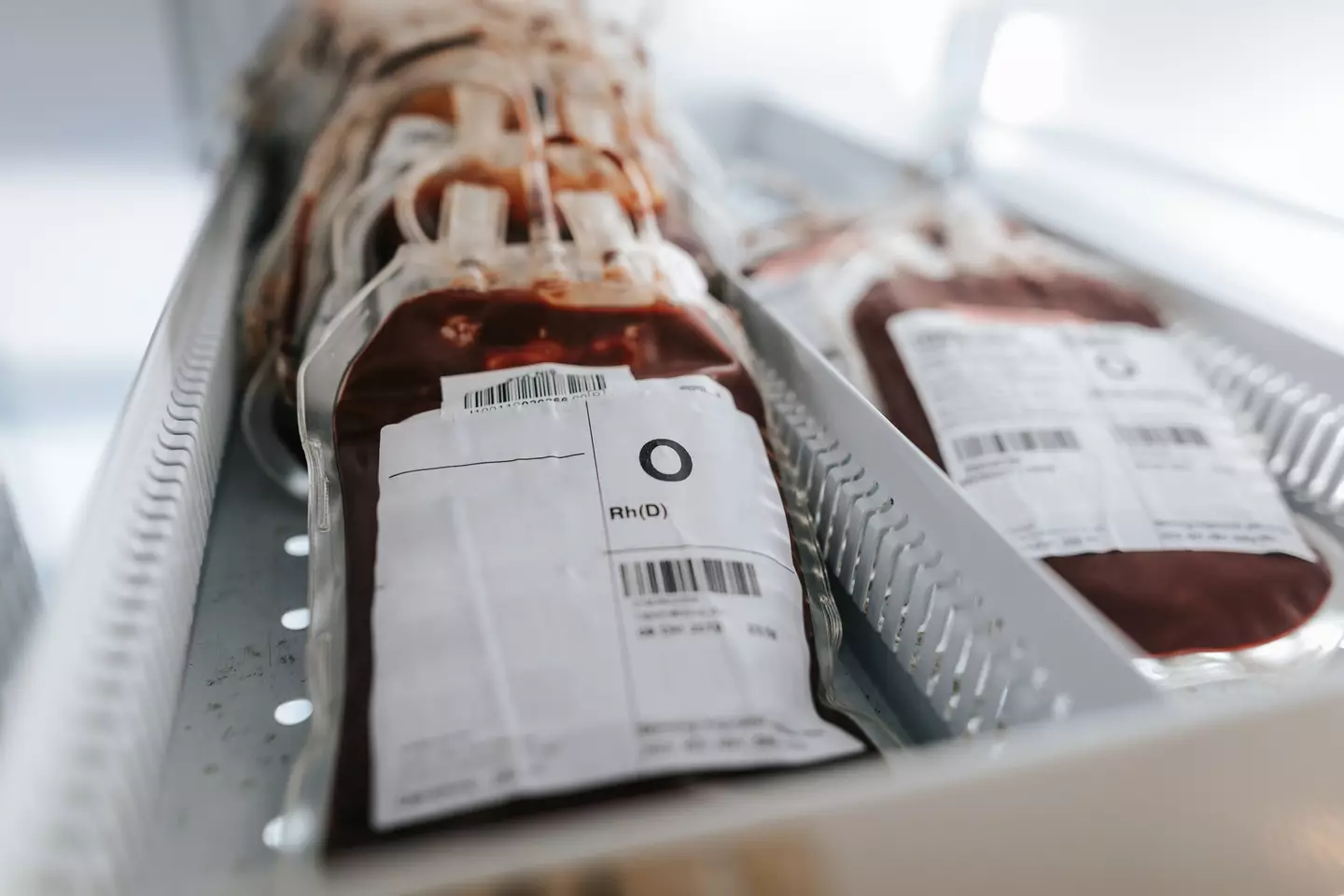

However, the pregnant woman from 1972 didn’t have AnWj, and it turns out that it was due to a rare change in one of her genes called MAL - which is why the newly described system is called the MAL blood group. If someone inherits two mutated versions of this gene, they end up with this ultra-rare blood type that lacks AnWj.
Interestingly, the team also found three patients with the rare blood type but were missing the mutation. This suggests certain blood disorders might also shut off production of the molecule, even if the gene is technically normal.
"MAL is a very small protein with some interesting properties which made it difficult to identify and meant we needed to pursue multiple lines of investigation to accumulate the proof we needed to establish this blood group system," explained Tim Satchwell, a cell biologist at the University of the West of England.
Now that the genetic link behind the MAL blood group is understood, doctors can test patients to see if their unusual blood type is inherited or caused by an underlying health issue. Such a marker could help flag problems early and save lives.
The whole discovery might seem pretty niche, but this kind of research could be life-saving for patients with rare blood types.
News in the same category

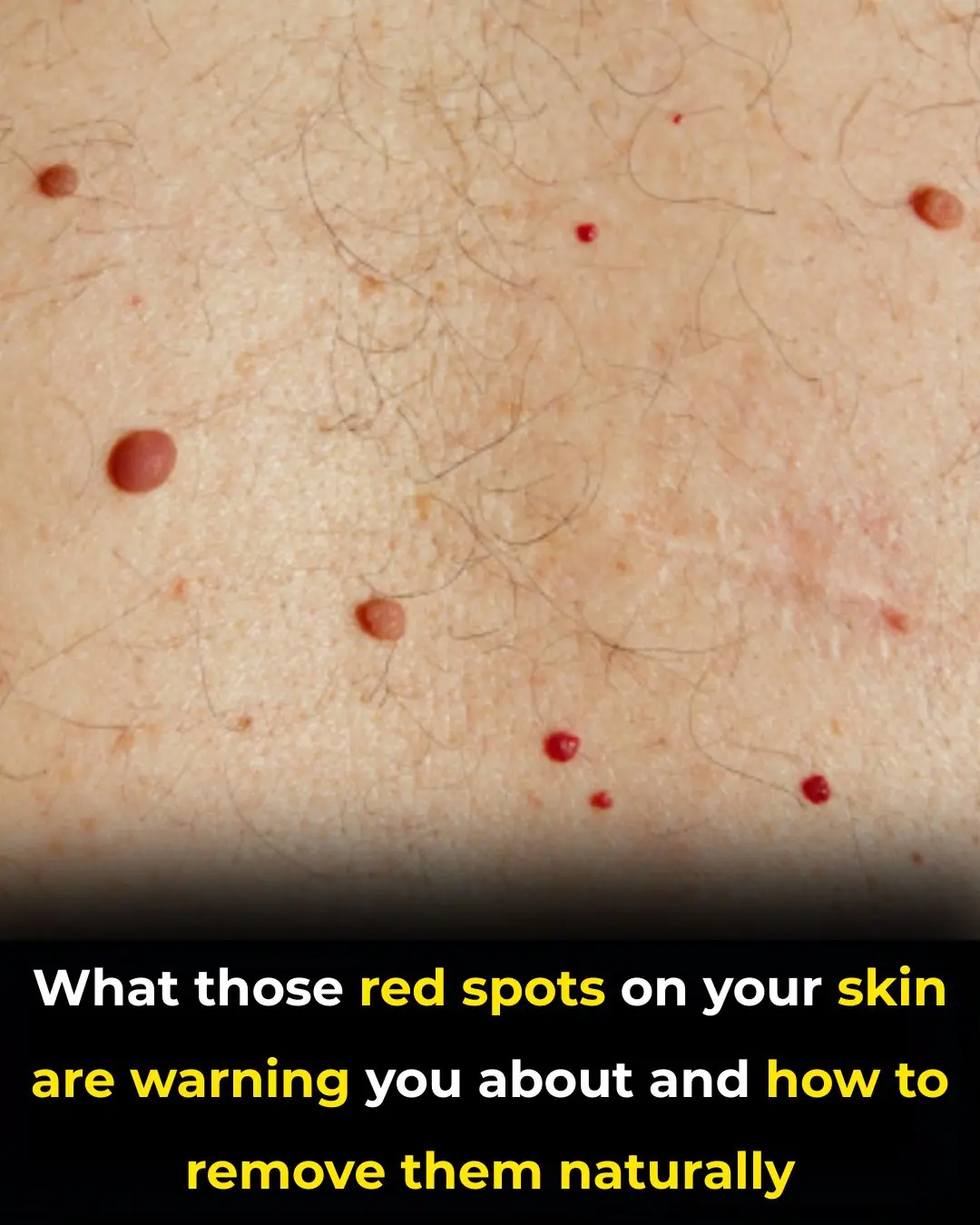
Red Spots on Skin: Causes, Treatments and More (Extensive Guide)

Chia Seeds: Health Benefits & Nutrition Facts Based on Science

Proven Health Benefits of Celery & Nutrition Facts (Evidence Based)

The Benefits of Placing a Ginger Root Under Your Pillow Before Sleeping

The Benefits of Eleusine Indica in Traditional Medicine

Is “California Sober” a Viable Strategy to Reduce Alcohol Use? New Evidence Offers Support

Cannabis Extract Eases Chronic Low Back Pain and Improves Sleep and Mobility: Promising Phase 3 Evidence

When Cannabis Triggers Hyperemesis in Youth: Understanding a Growing Emergency

Physician-Led Medical Cannabis Clinics in Geriatric Care: A Promising Model for Senior Health

A 65-Year-Old Man Collapses at Midnight: Doctors Warn Against Four Drinks Not to Consume Before Sleeping

Everything You Need to Know About Eczema on the Ears

Tips for Dealing With Nail Psoriasis

Two Family Habits That Increase the Risk of Cancer for Everyone – Avoid Them Now to Prevent Regret
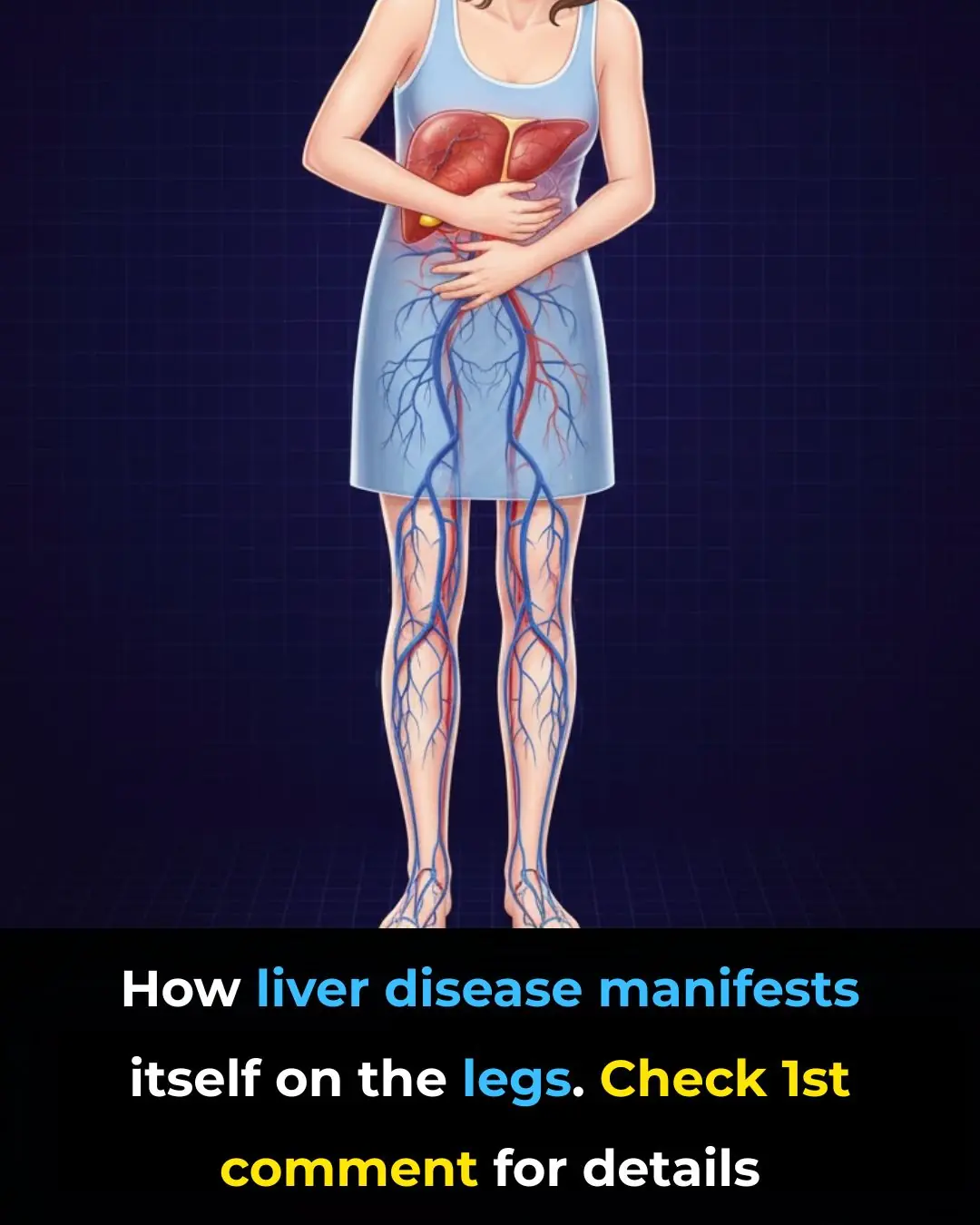
Your legs are screaming ‘HELP!:’ 5 warning signs from your liver

Nighttime Olfactory Enrichment and Cognitive Enhancement in Older Adults

Sodium Bicarbonate and Immune Regulation: Evidence for an Anti-Inflammatory Mechanism
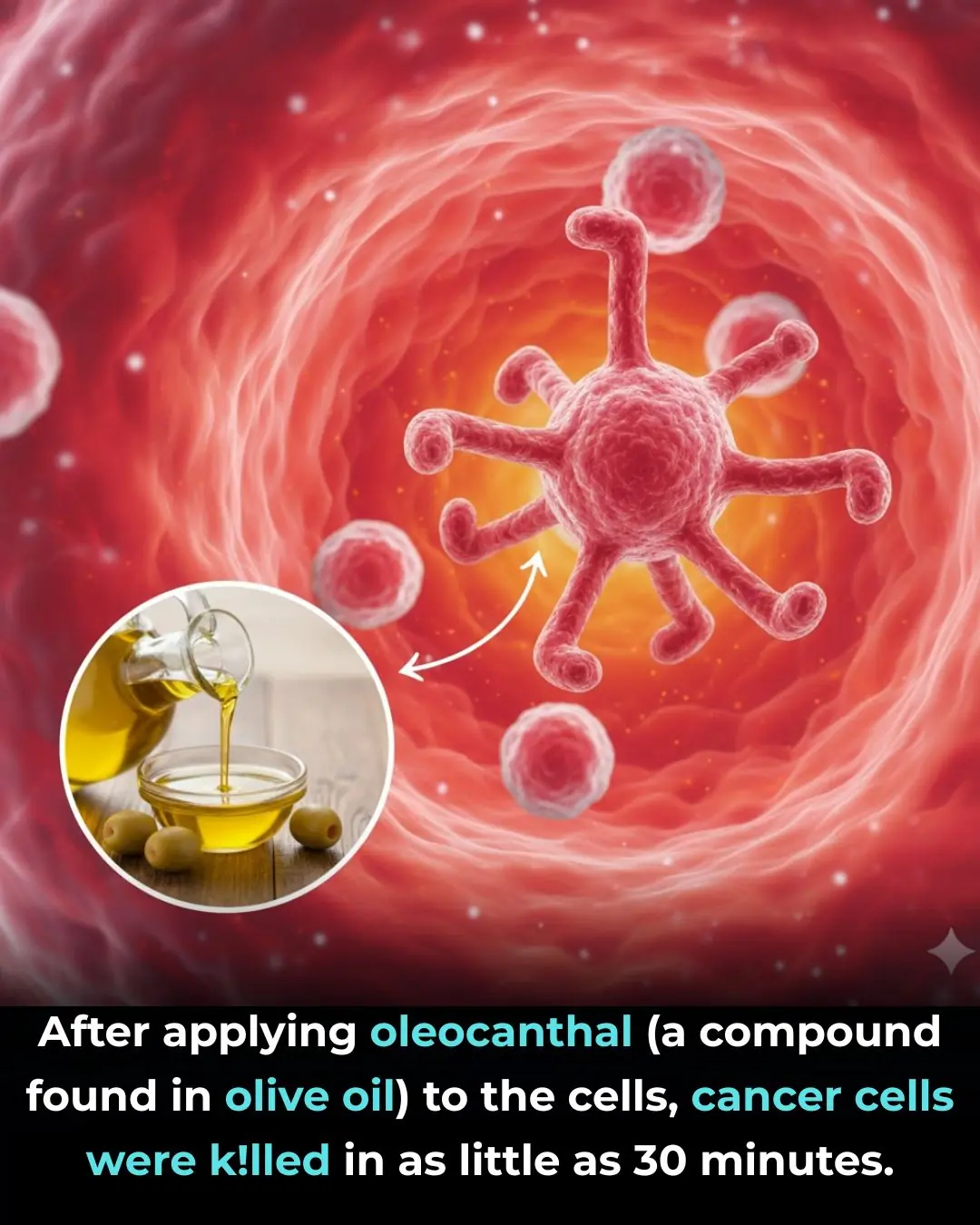
Oleocanthal from Extra-Virgin Olive Oil: A Multi-Targeted Anti-Inflammatory and Anti-Cancer Compound

Fenbendazole and Unexpected Cancer Remission: Insights from a 2024 Case Report
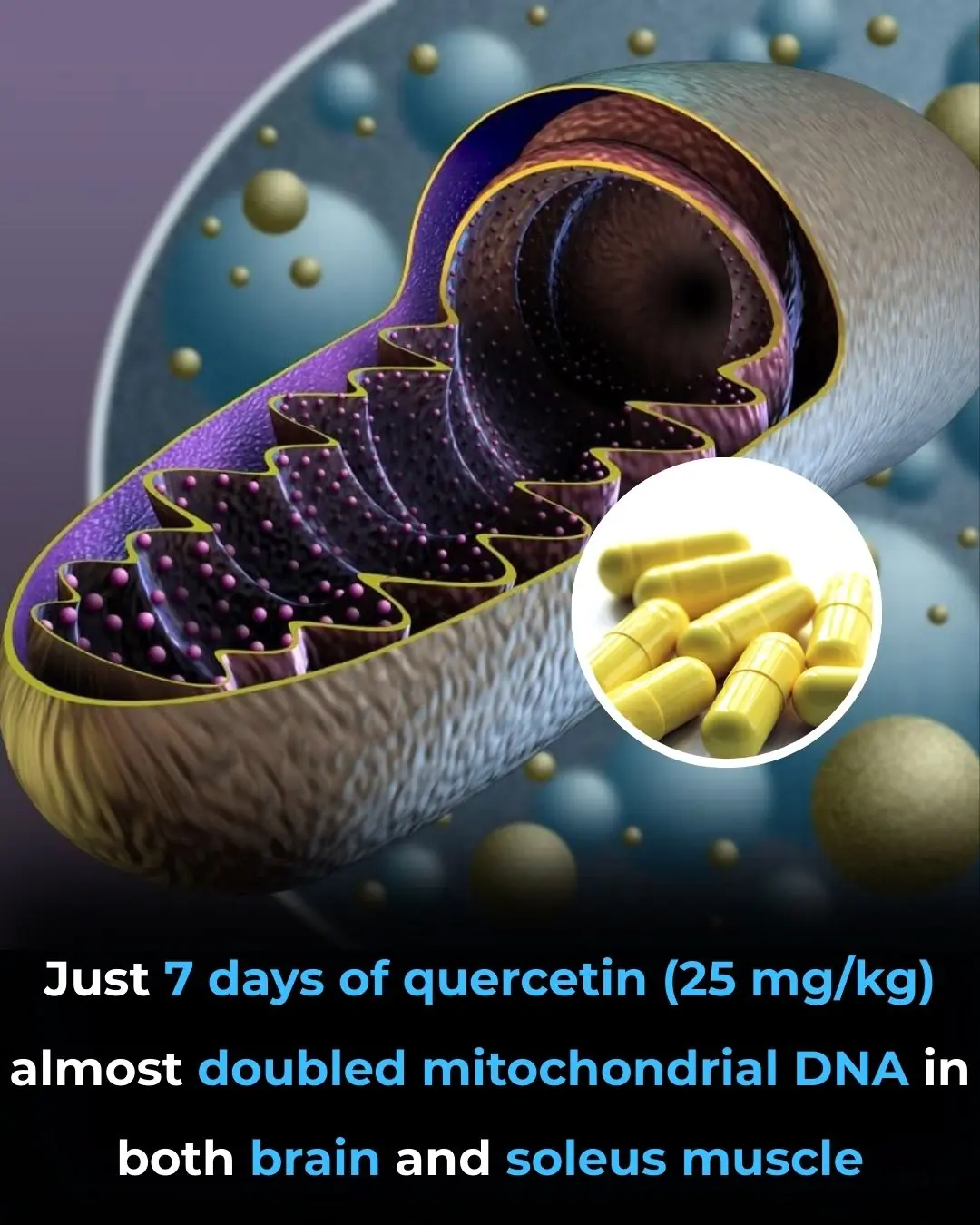
Quercetin as an Exercise Mimetic: Enhancing Mitochondrial Biogenesis and Physical Performance
News Post

To preserve tofu, don't put it directly in the refrigerator. Remember these two tips and your tofu will stay fresh for 10 days.

Don't throw away fruit netting; use it for these 12 things and save a considerable amount of money.

This liquid helps clean mold stains on walls and ceilings; it's easy to find but not many people know about it.

Rice Water Uses for Skin

15 Best Skin Gels for Glowing Skin & Wrinkles

So good! Thanks nana!

Coconut Oil for Hair Growth – Add this in your Hair Oil

Why Does My Heart Hurt? Common Reasons For Heart or Chest Pain

Red Spots on Skin: Causes, Treatments and More (Extensive Guide)

Chia Seeds: Health Benefits & Nutrition Facts Based on Science

Clove benefits for Skin – Clove Oil, Clove Gel & Clove ice cubes

Proven Health Benefits of Celery & Nutrition Facts (Evidence Based)

The Benefits of Placing a Ginger Root Under Your Pillow Before Sleeping

The Benefits of Eleusine Indica in Traditional Medicine

Is “California Sober” a Viable Strategy to Reduce Alcohol Use? New Evidence Offers Support

Cannabis Extract Eases Chronic Low Back Pain and Improves Sleep and Mobility: Promising Phase 3 Evidence

When Cannabis Triggers Hyperemesis in Youth: Understanding a Growing Emergency

Physician-Led Medical Cannabis Clinics in Geriatric Care: A Promising Model for Senior Health

A 65-Year-Old Man Collapses at Midnight: Doctors Warn Against Four Drinks Not to Consume Before Sleeping
